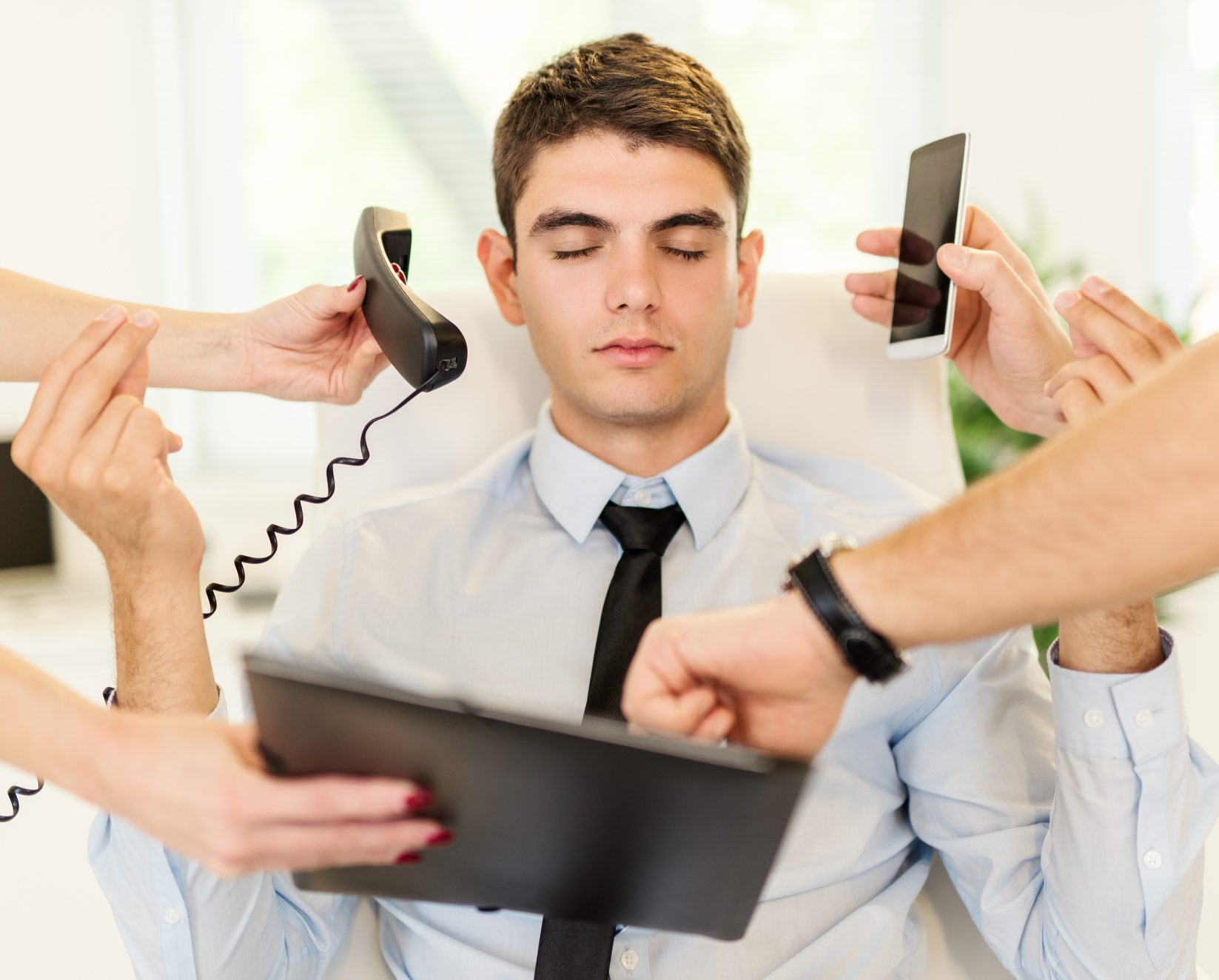Admit it—you’ve watched TV and looked at your smartphone at the same time. Or played a video game while texting friends. This “media multitasking” is not uncommon, and it’s not good for the brain. The activity, which has people engaging in more than one electronic device at a time, actually causes memory issues.
A recent study, “Minds and brains of media multitaskers: Current findings and future directions,” published in the Proceedings of the National Academy of Sciences (PNAS) found those who were “heavy media multitaskers” not only performed worse on attention and memory tests—some demonstrated differences in brain structure.
Specifically, heavy media multitaskers performed 8 to 10 percent worse on sustained attention tests versus light media multitaskers, reports The Conversation. The tests consisted of participants paying attention to certain tasks for 20 minutes or more. Heavy multitaskers were unable to sustain attention as well as their counterparts.
Heavy media multitaskers also struggled on working memory tests, which included memorizing and remembering information while doing something else, such as recalling a phone number while looking for a pen and paper to record it.
The research may demonstrate why some people are heavy multitaskers—their attention span isn’t very good and they are more apt to shift their focus to other things.
Researchers used brains scans and determined that heavy multitaskers have a smaller anterior cingulate cortex, which is the part of the brain that controls attention.
It’s unclear what causes heavy media multitasking. It may be these individuals have worse attention because of media multitasking or the other way around. General intelligence, personality, and other factors may also play a role.
“Given the real-world significance of such findings, further research is needed to uncover the mechanistic underpinnings of observed differences, to determine the direction of causality, to understand whether remediation efforts are needed and effective, and to determine how measurement heterogeneity relates to variable outcomes,” researchers noted.
What’s interesting is that heavy media multitaskers appear to absorb some information more than light media multitaskers. If an individual is reading while listening to music, a heavy media multitasker is more apt to pick up on a breaking news story than a light media multitasker, for example.
It’s safe to say that heavy media multitasking is inadvisable. So, the next time you’re tempted to peruse social media while watching Game of Thrones, you may want to put your phone down and concentrate on one thing at a time.


